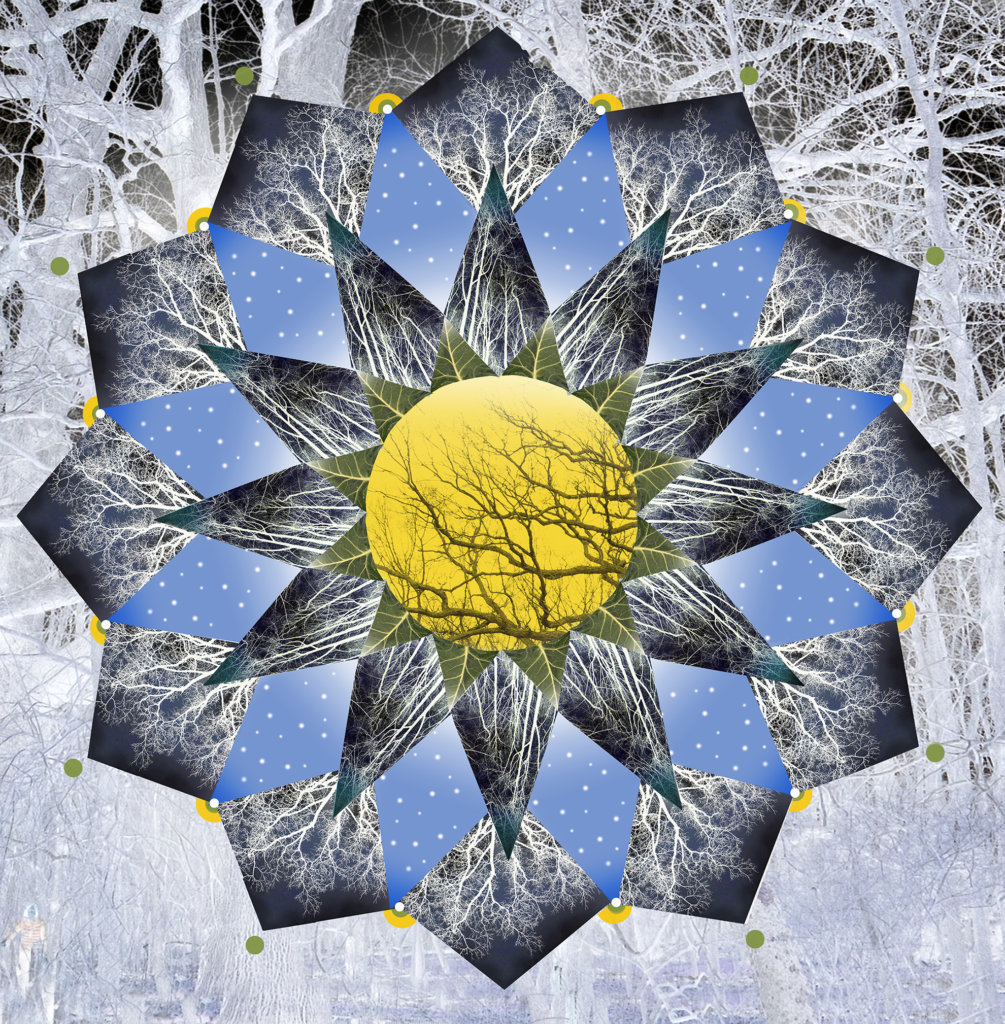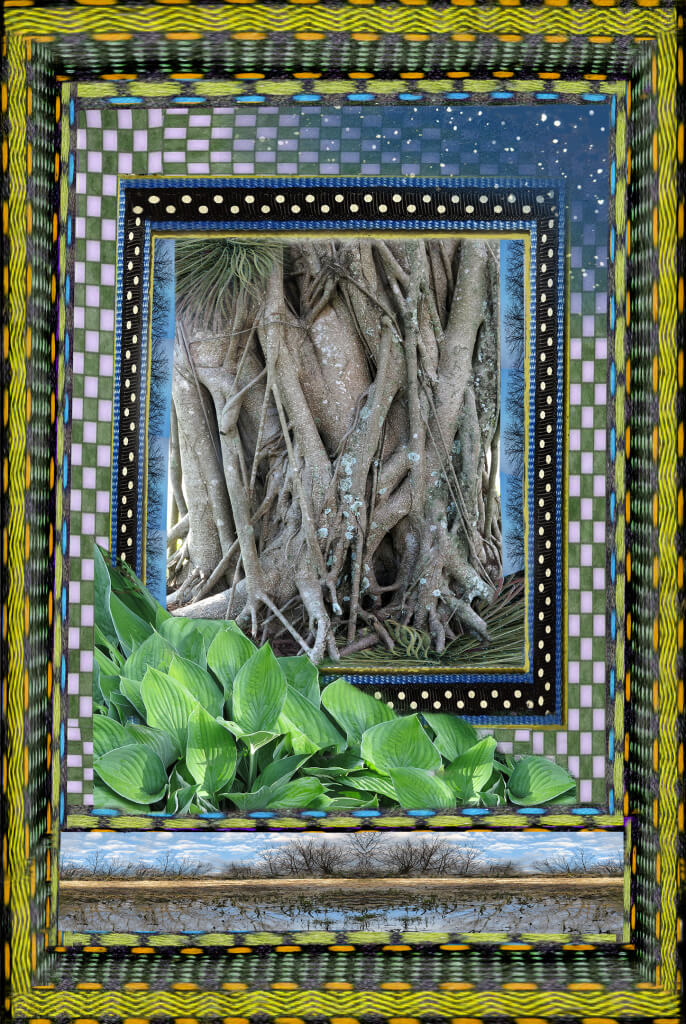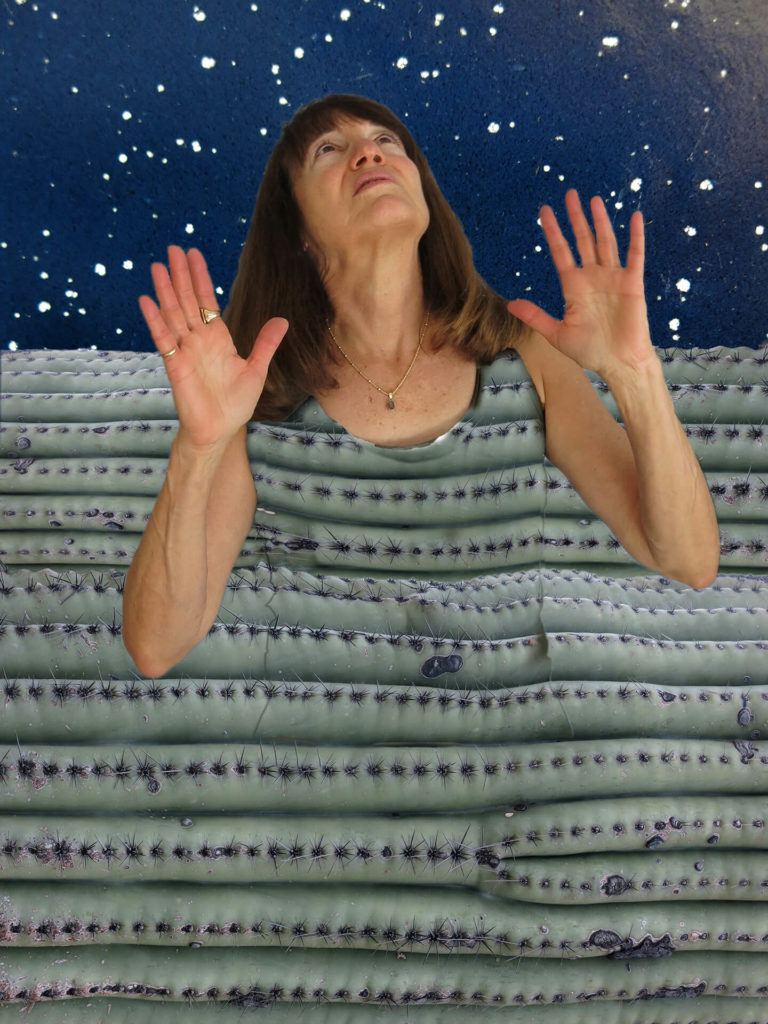 It was late when we got the discharge papers and I drove my friend Annette home from Cayuga Medical Center. Even my son was fast asleep by the time I pulled into my own driveway. But I was wide awake, my head pulsing with something like pride. With memories: home from the hospital. It transported me back to the times in and out of hospitals with my daughter during her almost-three years of cancer. Strong Memorial Hospital in Rochester is the place I last “left” Marika. The hospital is where I first learned I was a caregiver.
It was late when we got the discharge papers and I drove my friend Annette home from Cayuga Medical Center. Even my son was fast asleep by the time I pulled into my own driveway. But I was wide awake, my head pulsing with something like pride. With memories: home from the hospital. It transported me back to the times in and out of hospitals with my daughter during her almost-three years of cancer. Strong Memorial Hospital in Rochester is the place I last “left” Marika. The hospital is where I first learned I was a caregiver.
When one you love becomes sick, you become a caregiver. No references or prior experience necessary. You learn on the job. Patience. Attentiveness. Compassion. You learn to let go of what you cannot control. You learn how much there is to lose: breath, balance, mobility, independence, …hope. The certainty of being able to go home.
“When can I go home?” is what everyone asks in the hospital, sitting around waiting, watching the world pass you by while you’re stuck there. The goal is to get out. But for me, for almost three years, my whole world was right there in the hospital. Whenever I left without Marika, my heart was tethered to that place. Maybe it still is.
In the end, I did not bring my daughter home. Instead, I dragged home the heartbroken remains of who I was, and the beginnings of the person I would grow into over the next years: one who loves life and doesn’t discount it by who or how much she’s lost, but rather gauges good living by what she can put right and save.
“It feels good to be needed again, to be able to help,” I’d said, when I delivered Annette to her apartment and she thanked me like I’d given her gold. Then the waning supermoon followed me home across two hills and a valley, peeking through clouds and bare branches. It made a giant mesh of moon-shadows in my driveway. Almost midnight, everything was silent and still. Except for me. I felt like skipping. Dancing in the moonlight. And I don’t know if I was speaking to the moon, my daughter’s spirit, or God when I whispered, “Hey. I brought someone home tonight.” The moon, the branches, my pride, longing, love, and gratitude were all kaleidoscoped by my tears.
What makes you want to sing and dance in the moonlight at midnight?
 After life, as I knew it, got shot to the stars, grief charred me from the inside out. There were good days and bad days. I sometimes forgot my sadness. Briefly. Other times, for days, I’d be cranky and complain, “I can’t do this. I hate this. This is too hard.”
After life, as I knew it, got shot to the stars, grief charred me from the inside out. There were good days and bad days. I sometimes forgot my sadness. Briefly. Other times, for days, I’d be cranky and complain, “I can’t do this. I hate this. This is too hard.”